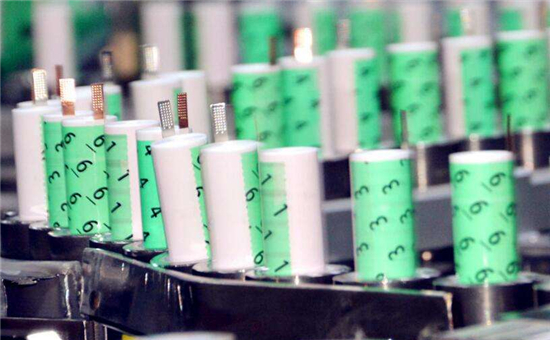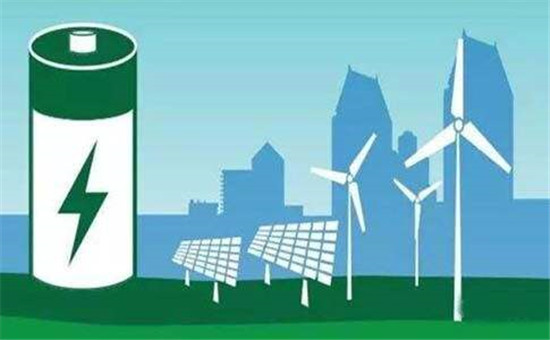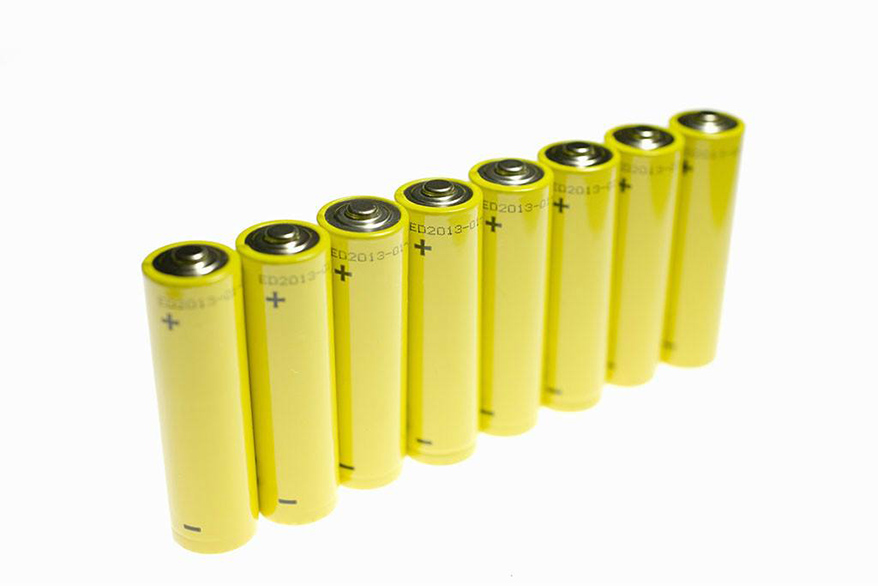What is the difference between lithium ion battery and NI-MH battery?
May 08, 2019 Pageview:3438
The difference between lithium ion batteries and nickel-metal hydride batteries is that lithium ion batteries are more suitable for mobile phones. However, on digital cameras, because the demand for current is quite large, and the power consumption is much larger than that of mobile phones, nickel-metal hydride batteries will be better.

Advantages and disadvantages of lithium ion batteries
Advantages: no memory effect, light weight.
Disadvantages: high cost, low current, cannot overcharge (compared to nickel-metal hydride batteries).
The lithium ion battery includes one-time lithium ion battery (non-rechargeable) and reusable lithium ion battery (rechargeable), and the reusable lithium ion battery is divided into lithium ion battery and a Li-Polymer battery.
In general, it is better to use reusable lithium ion batteries (rechargeable) on digital cameras, for which those batteries are lighter and have a 48% higher volumetric energy density ratio than nickel-metal hydride batteries. Because of this, the production and sales of lithium ion reusable batteries are gradually exceeding that of nickel-metal hydride batteries. The battery has a small self-discharge volume without memory effect. It can charge and discharge more than 600 times. Recently, the upgraded Li-Polymer battery not only has smaller volume, but also lighter without appearance restriction (cylinder or square).
Lithium ion batteries cannot be overcharged. Careless use of the battery may lead to explosion. Therefore, you need to build a control IC to prevent overcharge, even though the cost is relatively higher. Lithium ion batteries have different specifications, so it may lead to a situation that you cannot buy the battery after the production is stopped. Luckily, this issue can be gradually solved.

Advantages and disadvantages of nickel-metal hydride batteries
Advantages: low price, strong versatility, large current, environmentally stability.
Disadvantages: heavy weight and short battery life.
The design of nickel-metal hydride batteries is derived from nickel-cadmium batteries, but there has been great progress in improving the memory effect of nickel-cadmium batteries. The main upgrade is to replace the cadmium in the negative electrode with a hydrogen storage alloy. Therefore, the nickel-hydrogen battery became a typical representative of material innovation. The pollution caused by nickel-metal hydride batteries is much less than that of nickel-cadmium batteries containing cadmium. Therefore, nickel-cadmium batteries have been gradually replaced by nickel-metal hydride batteries.
Only several lithium ion batteries will attach one-time batteries (NIKONEN-EL1 and 2CR5). Most of them have no battery replacement, which is not convenient for a long-time trip, or a large number of usage. NiMH batteries do not have such a problem. Digital cameras that use NiMH batteries can usually be replaced by alkaline batteries.
In recent years, digital cameras tend to use nickel-metal hydride batteries. Battery manufacturers also pay more attention to nickel-metal hydride battery market and produce high-capacity nickel-metal hydride rechargeable batteries, making the technology of nickel-hydrogen batteries improve rapidly with larger capacity. The service hour of nickel-hydrogen batteries is similar to lithium ion battery, the charger is getting more and more refined, and the charging time is greatly shortened.

The difference between lithium ion battery and nickel-metal hydride battery on charging method
Many consumers find that almost all the batteries have the same concept of usage. Nowadays, although lithium ion batteries become the mainstream, the usage method of nickel-metal hydrogen batteries is still applied to lithium ion batteries. In fact, lithium ion batteries and nickel-metal hydride batteries have different usage.
For newly purchased lithium battery: run out the capacity for the first three times to, fully charge the battery by the original direct charge with the phone on, and then continue to charge for about 1 hour (about 2 hours over 2000mah).
Daily application: stop within one hour when it has fully charged. Avoid charging overnight (high network voltage). The battery can be used and charge at any time until accept warning or shutdown. Please charge as soon as possible when it turned off. Otherwise, the battery will discharge, the decreasing voltage may damage the self-locking protection and fail to charge. To develop a good habit: when you arrive at the office during the day or at home in the evening, just start charging, and unplug the power cable after fully charge, before leaving or go to sleep.
Usage: General lithium ion battery can be charged, used, and stopped. Cycle life means the times of fully charge and discharge, and part of the charging and discharging can refer to a fraction of the service life. The key to battery usage: after the battery is fully charged, charge for other 20 minutes or half an hour to achieve saturation, but must avoided charge over half an hour after fully charging, or it will cause side reactions, resulting in a decrease in capacity and an increase in internal resistance, and shortened capacity and shutdown when a call is coming. PPC and other devices with power chips are better to recharge until there is no electricity volume, mainly considering the problem of power display measurement.
Continuing charging after the battery is fully charged is very harmful to the lithium ion battery. After the battery is fully charged, the battery leads to side reactions: the active material will decrease, the amount of garbage will increase, the capacity will decrease, and the internal resistance will increase. The serious overcharge will directly damage the battery structure and cause the battery to be scrapped. Some chargers now also provide a charging protection mode, which can effectively protect the battery by intelligent judgement whether the battery is fully charged or not.
Lithium-ion batteries can be charged at any time, and have a limited impact on service life. As for batteries with a voltmeter such as PPC, it is recommended to charge after automatic shutdown. It can be charged or stopped at any time. If keep charging after fully charge, it will affect the battery service life.
Leave Message
Hottest Categories
-
Hottest Industry News
-
Latest Industry News









